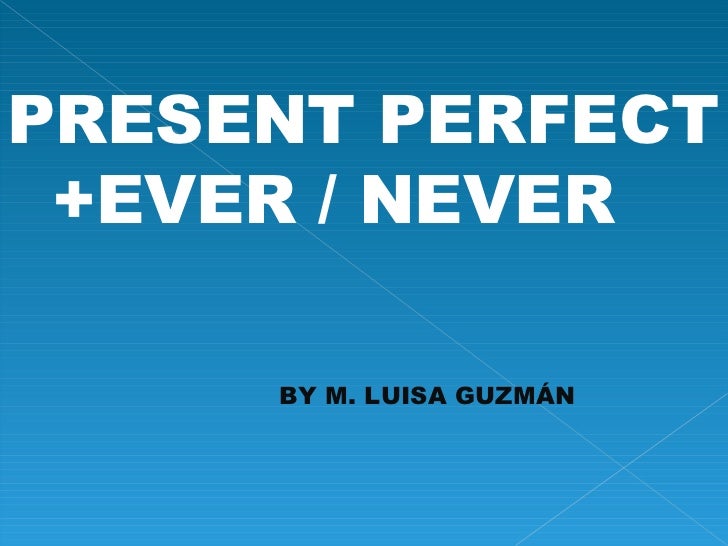Winston Churchill > Quotes > Quotable Quote
“I will never, ever, ever have regrets for shining the light of the Gospel on a situation that was surrounded by darkness,” Purvis told Catholic News Service in a Dec. 31 phone interview. The rules of Never Have I Ever are simple: Players take turns listing potential experiences they’ve never had. If someone has done the action in question, they take a shot or a sip (or whatever. Never have I ever had a relationship with two people from the same family. Never have I ever received a love letter. Never have I ever lied about being single because I wasn’t interested in the person. Never have I ever flirted with someone when I knew they were taken. Never have I ever made out with the ex of a friend. Behind every Never Have I Ever Dirty Question there is a story so you may be able to know your partner’s story and their secrets too. This game can also play those of younger age, but it is understood, without drinks.
To see what your friends thought of this quote, please sign up!


Never Ever Ever Let Go
Never Ever Ever Getting Rid Of Me

- love (81022)
- life (62744)
- inspirational (60489)
- humor (38042)
- philosophy (23446)
- god (22216)
- inspirational-quotes (20796)
- truth (19687)
- wisdom (18349)
- poetry (17474)
- romance (17184)
- death (16262)
- happiness (15558)
- faith (14799)
- hope (14795)
- inspiration (13462)
- quotes (13144)
- writing (13033)
- religion (12172)
- life-lessons (12141)
- motivational (11944)
- success (11444)
- relationships (11288)
- spirituality (10511)
- time (10091)
- love-quotes (9971)
- knowledge (9869)
- life-quotes (9413)
- science (9345)
- books (8797)
Never vs Ever
“Ever” and “never” are opposites of each other and have different usages in the English language. “Never” is used mostly in statements, whereas “ever” is usually used while interrogating.

Ever
“Ever” used as an adverb
“Ever” means “always, at all times,” for example; She is ever ready to help others.
It means continuously, for example; He started learning piano at four and has been playing ever since.
At any possible time, for example; Have you ever heard something like this?
At all, by any chance, for example; How did she ever do this?
“Ever” used as an adjective
This usage is more common in the Southern U.S. meaning “every,” for example; He rises at 5:00 a.m. every morning.
Idioms
“Ever” is used in many idioms:
Ever and again, meaning now and then, for example; He visits his mother ever and again.
Ever so, meaning to a great degree, for example; She was ever so nice to him.
There are some idioms which do not start with “ever,” for example; “hardly ever,” meaning “rarely,” for example; She hardly ever talks to him.
Happily ever after, the most common and popular idiom in fairy tales, for example; Cinderella and Prince Charming got married and lived happily ever after.
Other usages
“Ever” is mostly used in a question form, for example; Have you ever been to the zoo? It is usually used just before the main verb, for example; Does she ever go to clubs? There are exceptions to this rule. “Ever” is not used immediately before modal verbs and “be.” Present perfect tense is used with “ever” when talking about the past, for example; It was the most delicious food that I ever tasted.
Never
“Never” used as an adverb

“Never” means, “at no time, not ever,” for example; She never lets anybody down.
It means “absolutely not,” for example; This program will never work.
“To no degree,” for example; He is never going to learn, no matter what.
Idioms
“Never” is also used in many idioms:
Never mind meaning; don’t bother, for example; Why haven’t you done the chores? Never mind, I will do them myself.
Sometimes they do not start with “never.” For example, Better late than never, or lightning never strikes twice, wonders will never cease, it never rains but it pours, etc.
Other usages
In informal writing, “never” is used in place of “not.” For example, instead of writing I did not say that, we can also write, I never said that. This type of writing should not be used for formal writing. “Never” is used immediately before verbs, the exception being modal verbs and “be.” For example, She never goes to clubs. When talking about the past, “never” is used with the present perfect tense. For example, I had never tasted such delicious food before.
Summary:
1.“Never” and “ever” are antonyms.
2.They have different meanings and usages.
3.“Ever” is usually used in a question form whereas “never” is used in a statement form.
Never Ever Ever Lyrics
- Difference Between Data Mining and Data Warehousing - October 21, 2012
- Difference Between 7-Keto DHEA and DHEA - October 20, 2012
- Difference Between Tamil and Malayalam - October 18, 2012
Never Ever Ever Song
